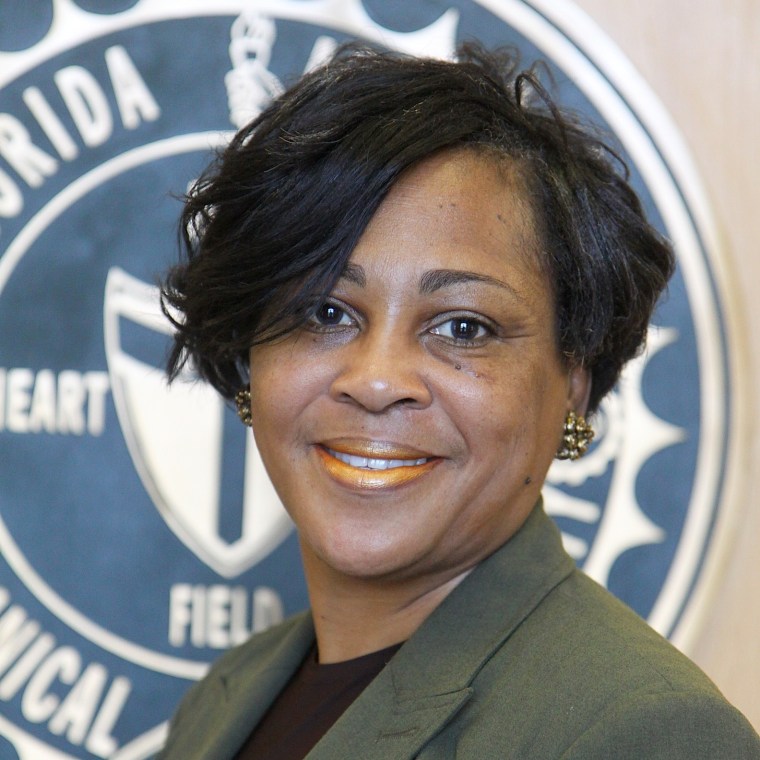Faculty and students at Florida Agricultural and Mechanical University (FAMU) are exploring a ban on the use of tobacco and smoke products on campus.
If approved, the FAMU campus would join the other 31 (out of the 105) historically black colleges and universities (HBCUs) to implement tobacco free and/or smoke free policies. However, the FAMU policy would stand as the first HBCU policy to restrict both tobacco and smoke products on campus, including cigarettes, cigarillos, and e-cigarettes, if passed.
RELATED: Education Is Not Great Equalizer for Black Americans
Mary Simmons, director of the School of Allied Health’s division of Cardiopulmonary at FAMU, says she hopes FAMU joins the growing number of HBCUs– including Alabama State University and Tuskegee University – in implementing smoke-free and tobacco-free policies. “I thought, with us being a HBCU, that we should be at the forefront of a becoming a tobacco-free, smoke free campus,” said Simmons.

Having served the FAMU community for 13 years with a background as a respiratory therapist, Simmons has had personal experiences in treating students with tobacco-related issues. “I’ve always dealt with people who suffer from lung disease as it relates to tobacco smokers.
“So, I [started] trying to identify a way I could help the campus and did my research on the history of tobacco.”
Her research dated back to the renowned cigarette make R. J. Reynolds and his company’s target placed on the black community in the 80s and 90s with the Uptown cigarette campaign. Though not the first of its kind, the Uptown campaign stood out among an influx of targeted cigarette campaigns during that period.
Now, according to a report released from the Centers for Disease Control, the use of tobacco and smoke products - flavored cigars, cigarillos, little cigars, electronic cigarettes and hookahs- has risen from 4.1 percent to 5.4 in 2011 and 2012. Studies have also surfaced revealing a 5 percent increase in the use of cigars by African American high school students since 2009, from 11.7 percent to 16.7 percent.
African-American students attending HBCUs are said to be at an even higher risk of being impacted by the health and social problems associated with the abuse of tobacco products according to a study published in the American Journal of Public Health. The study explored the low-socioeconomic statuses of the student attending HBCUs in comparison those attending predominantly white universities, finding tobacco-products like cigars and cigarillos to be more readily accessible and available in lower income communities in which several HBCUs were located.
RELATED: Against All Odds: Economic Inequities for Black Women Cripple Communities
“I think it's because we’re late adopters to change,” Simmons reasons when considering the low number of HBCUs adopting such policies. “We’re not too accepting to change when it comes to impeding one’s rights.”
Having started the battle for the tobacco-free, smoke-free policy in 2010, Simmons has devoted much of her time into making the campus more aware by way of on-campus seminars and workshops. “The other part of the issue is you have to get buy in from the student campus, specifically [the] Student Government Association, the faculty senate [and] the faculty union.”
So far, her response from the governing student body has been more than open to the idea. “As a student body, we have hosted several initiatives and events that encourage students and the entire campus to focus on their health in all aspects,” FAMU Student Body President Tonnett Graham shares. “Eliminating smoking on campus adds to our promotion of a healthy FAMU.”
Simmons has also confirmed the Faculty Senate’s agreement to move forward with the idea by forming an ad hoc committee. The committee will be comprised of representatives from the faculty senate, the faculty union, the FAMU Student government, and FAMU campus stakeholders who want to be a part of the process.
Simmons foresees that the committee will see an official proposal by the approaching summer quarter, at the latest. If the proposal receives the stamp of approval from the committee it will then have to undergo review from FAMU president Elmira Mangum. If approved, the decision will sent to the board of trustees and hopefully, for Simmons, take full effect by January 2017.
